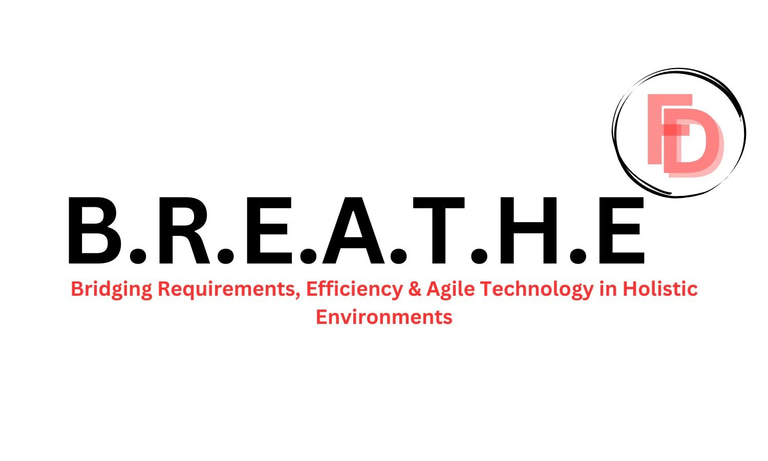INCORPORATING SUSTAINABILITY INTO SAP SOULTIONS
PUTTING AI ETHICS INTO PRACTICE AT SAP - I
Fafure David
9/16/20253 min read
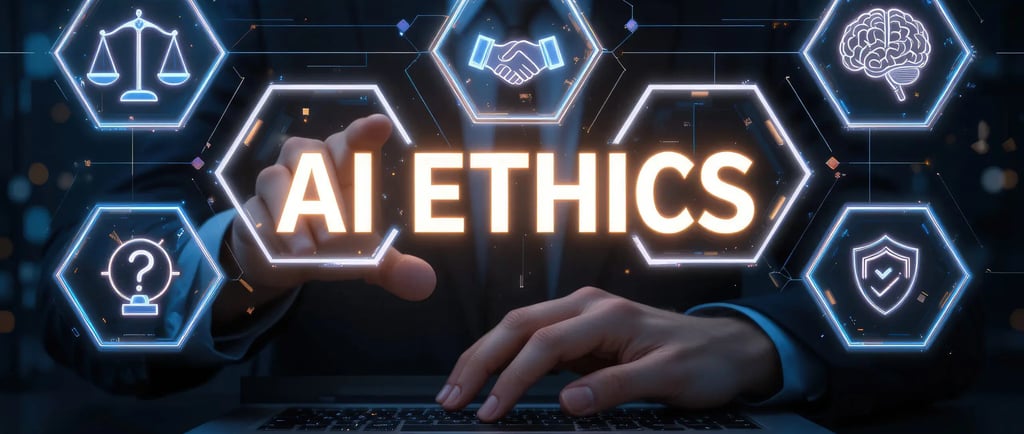

It is known or we would all agree that sustainability envelopes the practice of meeting present human needs without compromising the ability of future generations to meet their own needs or endangering the potentials of the future needs, these encompasses environmental, social, and economic dimensions. It involves maintaining the long-term health of natural systems and society by balancing resource use, economic activity, and social well-being for current and future populations
At SAP, sustainability is central to building better businesses. All SAP products offer digital climate change solutions to help businesses run more sustainably. With opportunities that range from transparent reporting and climate action to circular economy and reducing inequality, you can easily create an ecosystem that brings the people, the planet, and profit together.
What is the Importance & principles of AI ethics, the SAP’S AI ethics governance framework, the rules that SAP employees must follow when developing, deploying, using and selling AI systems?
How does this help Developers, Consultants, Architects, and Data Scientists?


Use cases where AI is helpful include automating simple tasks like answering a customer
service request or supporting users to accomplish a specific task like writing a performance review, helping identify process improvements and optimizations, Data mining and analysis for deriving actionable insights is also an aspect, of course. And these capabilities, these functions are applicable in all areas across the SAP portfolio. ERP and finance, supply chain, customer experience, procurement, human resources and also IT and cross-functions.
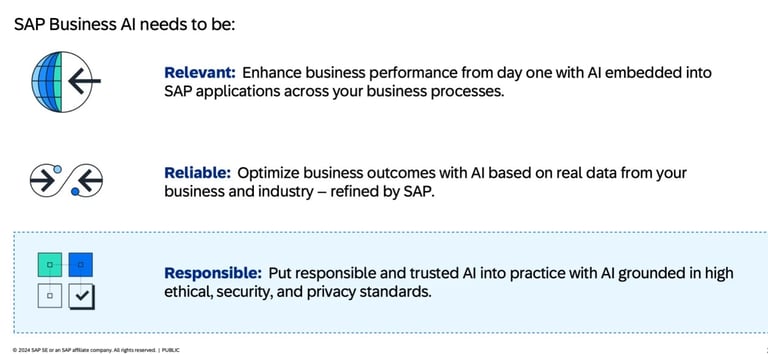

We believe that it is important that SAP Business AI is relevant, reliable and responsible.
Relevant means that AI systems at SAP need to drive immediate business impact with the AI embedded across your organization. The reliability aspect helps making confident decisions based on AI grounded in your business data. And the responsibility part, is putting AI into practice with the highest ethical security and privacy standards. The development of responsible AI systems needs to take into account different aspects.
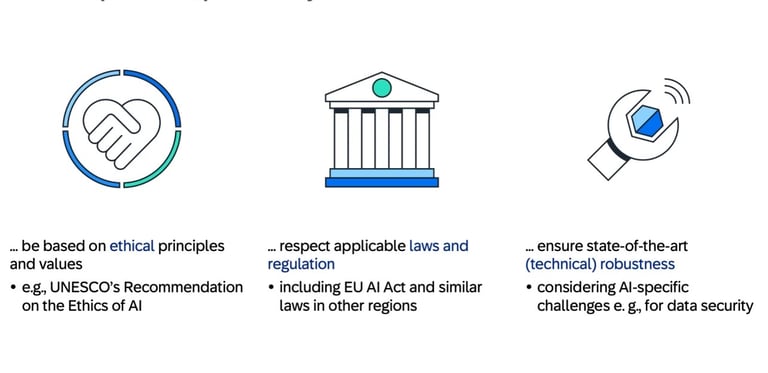

Considering the aspect of ethical principles and values that help identify the right way to approach development of AI systems and identification of what is basically AI that is needed to be built, one example for those ethical principles frameworks is the UNESCO recommendation on the ethics of AI. We need to respect applicable laws and regulation for sure, one example is that we look into EUAI Act to get ready for our AI systems to be compliant with the EUAI Act going forward and also other regulation from all across the world is something that has to be taken into account and that is part of building responsible AI at SAP. And all those requirements from an ethical perspective and from a regulatory perspective would mean nothing if we are not able to build this really into our systems. So technical robustness, state of the art, engineering excellence is an important building block to build responsible AI systems.
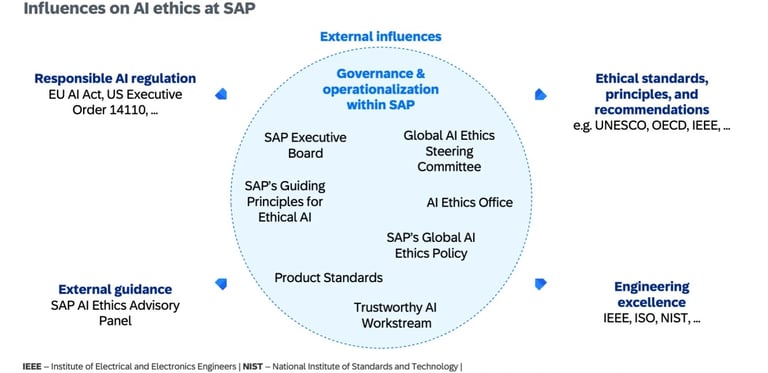

It can be noticed in the middle of this picture - the setup, parts of the setup of governance
and operationalization of AI ethics at SAP. External influences and the context that we operate AI ethics at SAP include responsible AI regulation, EU AI Act that was mentioned earlier but there are of course other regulations that are relevant across the world, ethical standards and principles, UNESCO is one example, there are other frameworks available, for example OECD or from the IEEE. Engineering excellence is something with keen focus for all SAP products, but specifically of course for AI systems.
In Summary:
SAP leverages AI capabilities by embedding them in its business applications
Responsible AI requires high ethical, security, and privacy standards
SAP’s approach on AI is influenced by several external factors such as country and region-specific AI regulations.
Credit: Bettina Laugwitz @SAP
